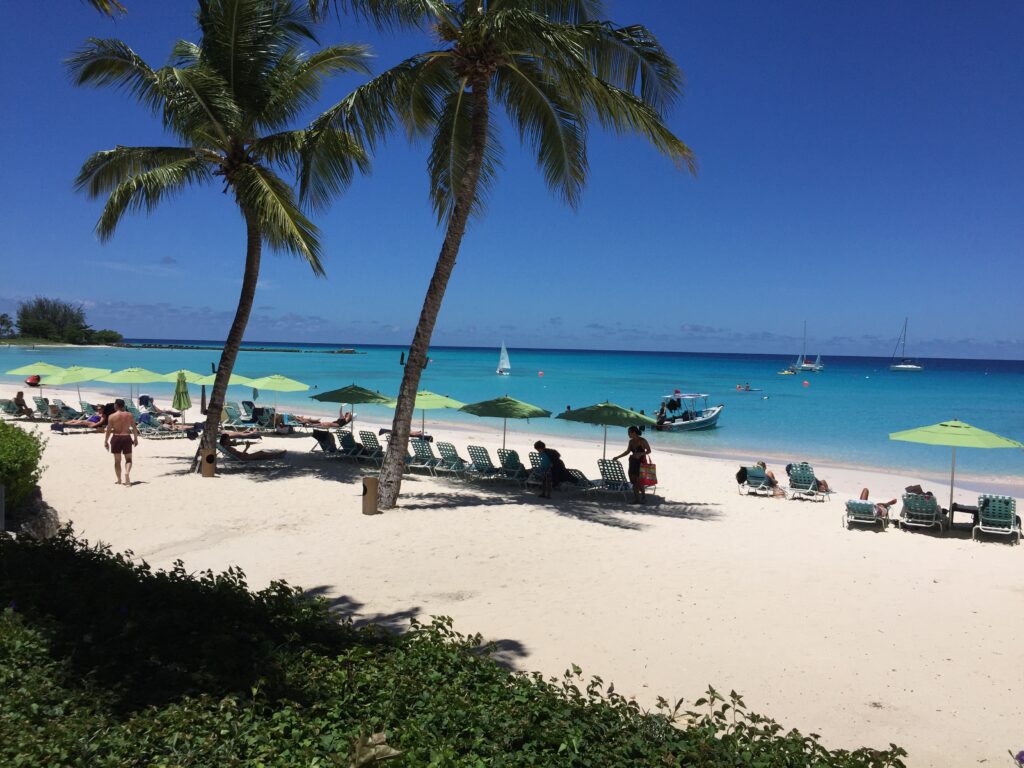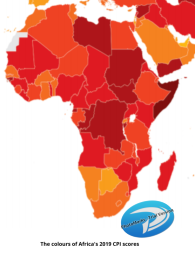SIDS’ economic outlook forecasts January 2024 update

IMF Article IV reports
The International Monetary Fund (IMF)’s regular Article IV consultations are usually conducted annually with those small island developing states (SIDS) who are members of the IMF and result in the preparation of Article IV reports by the IMF. These provide country analyses of recent economic and public financial management trends, forward SIDS’ economic outlook forecasts and document the respective economic management challenges that they face.
Availability of IMF Article IV reports for SIDS
Article IV reports are available for the following SIDS:
- Antigua and Barbuda
- Aruba
- Bahamas
- Barbados
- Belize
- Cabo Verde
- Comoros
- Curaçao
- Dominica
- Dominican Republic
- Fiji
- Grenada
- Guinea-Bissau
- Guyana
- Haiti
- Jamaica
- Kiribati
- Maldives
- Marshall Islands
- Mauritius
- Micronesia
- Nauru
- Palau
- Papua New Guinea
- Samoa
- Sao Tome
- Seychelles
- Singapore
- Sint Maarten
- St Kitts and Nevis
- St Lucia
- St. Vincent and Grenadines
- Solomon Islands
- Tonga
- Trinidad and Tobago
- Tuvalu
- Vanuatu
N.B. Reports for Aruba, Curacao and Sint Maarten are also provided although they are not formal IMF members but participate as part of the Kingdom of the Netherlands.
Access SIDS Article IV reports
The most recently published International Monetary Fund (IMF) Article IV reports as at 4 January 2024 for SIDS can be accessed by clicking on to the country groups below:
- Article IV reports for SIDS countries A-C
- Article IV reports for SIDS countries D-H
- Article IV reports for SIDS countries J-P
- Article IV reports for SIDS countries S
- Article IV reports for SIDS countries T-V
N.B. Reports for Aruba, Curacao and Sint Maarten are also provided although they are not formal IMF members but participate as part of the Kingdom of the Netherlands. [The latest Article IV reports for Kiribati (2021) and Maldives (2021) are currently unavailable.]
Interested in other SIDS’ issues?
Interested in other issues affecting SIDS? Go to PFMConnect’s small island developing states Pinterest Board to access articles on a wide range of issues associated with SIDS.

